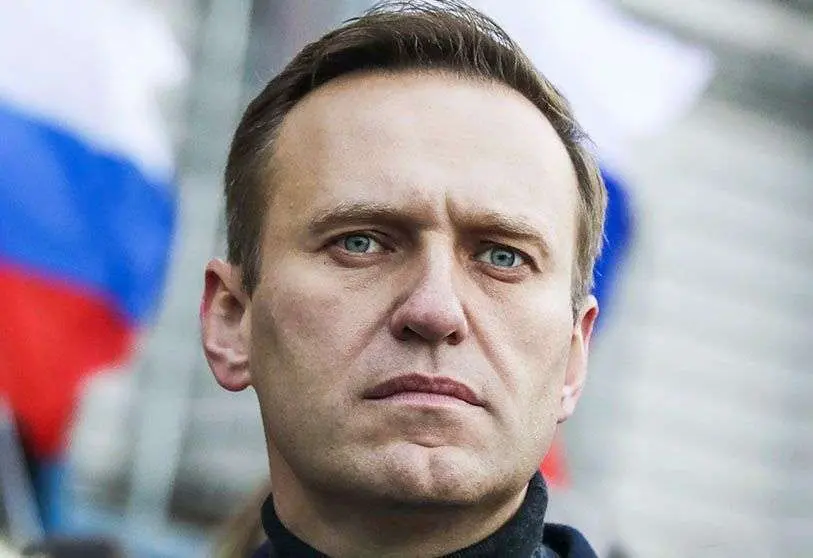Navalni, Lukashenko and the sleeping international community

As an opponent of Vladimir Putin's personal democracy, it is just as dangerous in Russia to walk on the bridge next to the Kremlin, to take the lift home, or to walk with your daughter in a park in Salisbury, UK. It's even dangerous to have tea at an airport. These are all risky activities when you are a dissident in the Russia of the contemporary nationalist tsar.
Those who found themselves in the circumstances described above, Boris Nemtsov, Anna Politkovskaya and Sergei Skripal and their daughter, as well as the hundreds of opponents who are imprisoned for demonstrating in the streets (a universal human right that is protected in Western societies and trampled on in many countries), know well what syrup awaits the dissenters, but their consciences were much more decisive than their fears. They are all martyrs of the struggle for democracy, just as Alexander Navalni was poisoned with some toxic substance when he drank that cup of tea at the Siberian airport.
In this summer of the coronavirus, with governments all over the world improvising measures to stop the spread of the new disease, the old totalitarian methods are being ignored as if they did not exist. The response to Navalni's poisoning is lost in the COVID-19 tidal wave of figures, as if the fight for freedom in the world, whatever the name of the country where it is being suppressed, were less relevant than the fight for public health. Only the German government has taken concrete action, with Merkel's demands for a transparent investigation that will never take place, and with the authorisation of the Berlin university hospital La Charité to try to get the intoxicated person out of its contamination.
The world's leaders, many of whom are fond of using social networks to disseminate their obsessions and propaganda, are keeping silent about these events or, in the best of cases, are issuing timid communiqués whose main aim is not to upset the Russian president, who continues to pursue his geostrategic interests on the planet while Donald Trump is regarded as the evil of all universes. Has anyone wondered how far the world's indignation and demand for responsibility and sanctions against the United States would have gone if the poisoner had been, say, Bernie Sanders?
The arsenals of poison held by the Russian security services must be inexhaustible. Always without anyone being able to prove authorship, radioactive polonium-210, the Himalayan toxin, gelsemium, or the destructive and lethal Novichok, a nerve agent that simply comes into contact with the skin and binds the tissues and collapses the victim's nervous system, has been used. If an analysis were made of these events, of these political attacks against people who are calling for real democracy in their country, Putin would not be well off. But the post-Soviet leader can be neglected: the relentless bar of democratic cleanliness and neatness has not been set for him or his country, or for Turkey or Venezuela or Iran. We leave that bar to the Americans, provided that next November they do not vote on what is considered appropriate for world welfare.
International drowsiness is not limited this summer from the coronavirus to the poisoned games they play with the bones of Russian opponents in hospital beds. Condemnations of Belarusian President Lukashenko's dictatorial methods have been conspicuous by their absence, beyond the testimonies that are restricted to the diplomatic arena. The voice of the EU, which has leaders like this one at its side geographically who use the army to suppress popular demonstrations, is not being heard with the force it should be. And here we return to the previous complaint: the Minsk dictator is not to be condemned by a large number of governments. The situation in Belarus does not concern the world's left-wing leaders. António Guterres' UN has not gone beyond a scrupulous communiqué and has so far avoided urgently convening its Security Council where Russia is located, to which the demands for respect for freedoms in that country must be addressed so that it in turn demands it from its sponsor.
The latest arrests confirm Lukashenko's intentions to continue with his repressive drift of the protests against electoral fraud. And in this case of Belarus the same question arises as in the Navalni case: what would we be hearing these days if the Belarusian president were Brazilian and called Bolsonaro?

